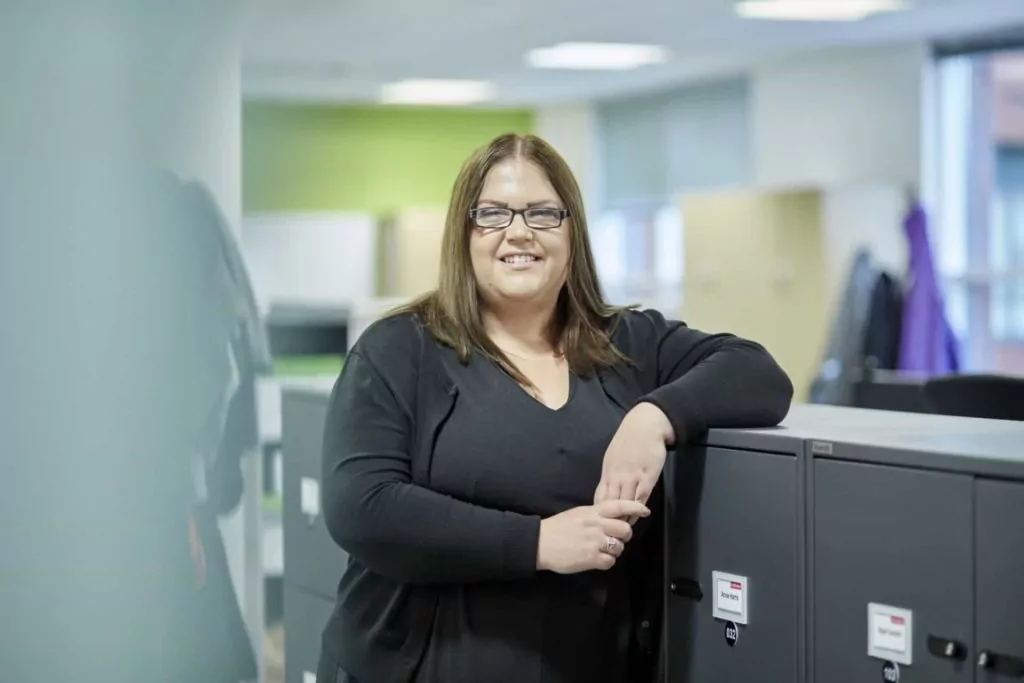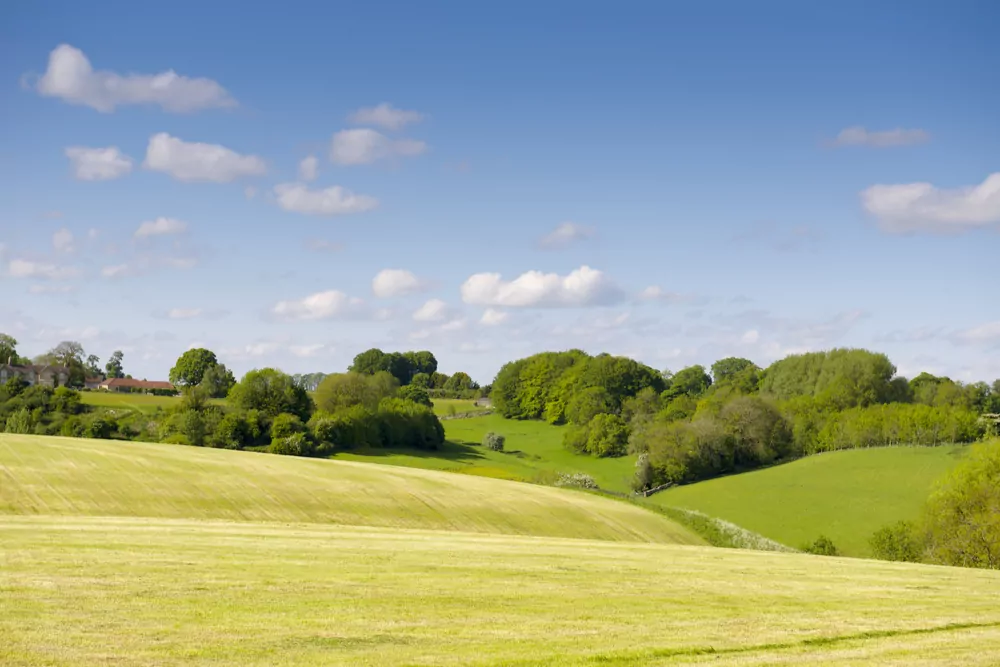
Is the Sky the Limit? – The Supreme Court’s ruling in Skykick v Sky highlights the importance of genuine use in trade mark registration


On 13 November 2024, the Supreme Court delivered its judgment in SkyKick UK Ltd and Another v Sky Ltd and Others. The case discussed a number of issues, but most notable is the scope of bad faith. The Court upheld the original ruling that Sky's trade marks were registered in bad faith for certain goods and services, finding that the Court of Appeal had no grounds to reverse this decision. This ruling broadens the scope of bad faith in trade mark law, clarifying that overly expansive trade mark specifications can result in a finding of invalidity due to bad faith. The decision underscores the critical importance of genuine use in trade mark registration.
Background
The long-running dispute between Sky, a provider of broadcasting, internet telecommunications and software services, and SkyKick, who specialise in cloud management and email migration services, began in 2016. Sky filed a claim alleging that SkyKick had infringed on several of its trade marks. In response, SkyKick denied the infringement claims and countered by asserting that Sky’s trade marks were invalid on the grounds of bad faith under s3(6) of the Trade Marks Act 1994.
After seeking clarification on some points of law from the CJEU, the High Court ruled on the issue of bad faith. It was determined that Sky had applied for the marks partially in bad faith, as '"they did not intend to use them in relation to some goods and services covered by the specifications at the application dates and that there was no foreseeable prospect that they would ever intend to use them in relation to those goods and services."Furthermore, Sky had made the applications "pursuant to a deliberate strategy of seeking very broad protection for the marks regardless of whether it was commercially justified."
However, this decision was partially overturned by the Court of Appeal, who indicated that commercial justification was not needed for every single item within a category for the goods and services to have been applied for in good faith. This judgment set the bar for bad faith much higher.
Supreme Court decision
Though the parties reached a settlement outside of court, the Supreme Court ruled on the case due to its significance for the public interest. On the issue of bad faith, the Supreme Court upheld the High Court’s original ruling that Sky’s trade marks were registered in bad faith for certain goods and services.
The Judge concluded that it was evident from Sky's last-minute narrowing of the scope of the goods and services at the face of trial, that they never had any intention of using the full range. It was confirmed that although an "applicant does not have to have a commercial strategy to use a mark for every possible species of goods or services falling within the specification. "Where "the broad description includes distinct categories or subcategories of goods or services, as “computer programs” and “computer services” undoubtedly do, then, the proprietor may be found to have acted in bad faith in relation to one or more of those, and it would be manifestly unjust if it escaped that consequence simply because it had framed its specification using general terminology.'"
Importantly, this judgment identifies that overly expansive trade mark specifications can result in a finding of invalidity due to bad faith.
Takeaways
This decision highlights the delicate balance trade mark protection must maintain - securing the rights of brand owners whilst encouraging fair innovation and competition. The Supreme Court’s new, lower threshold for bad faith claims is likely to result in more counterclaims of invalidity. As a result, owners of trade marks covering a broad range of goods and services may wish to consider narrowing their scope to protect against potential challenges.
In light of this development, trade mark applicants must carefully assess the current and future scope of their business practices when seeking to register a trade mark for a wide range of goods and services. Given the heightened risk of bad faith claims, it is crucial to seek legal advice when submitting trade mark applications.













